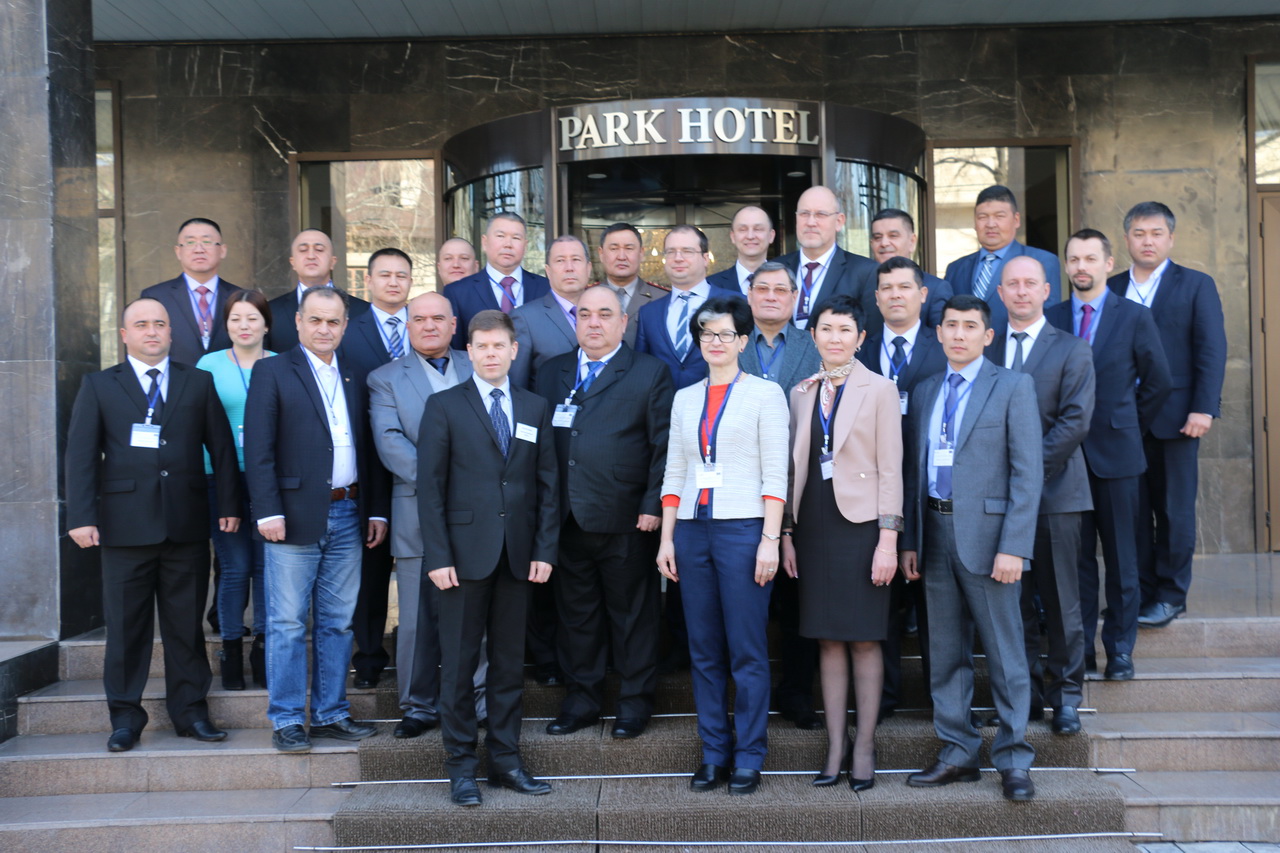On February 27-28 a Regional Workshop for border guarding and customs training institutions of Central Asian countries was held in Bishkek. The event gathered delegates from all five Central Asian countries to discuss joint approach and continuous cooperation of training institutions towards the development of the unique, harmonised, and efficient training system for border guards and customs officers in the Central Asian region. The workshop was facilitated by the experts from the State Border Guard of Latvia and Riga Technical University. This BOMCA activity aims to encourage and support cooperation among the training institutions in Central Asia.
During the workshop the experts presented and discussed current training systems in CA countries and introduced innovative approaches and methodological tools such as distance learning system. The professionals identified existing needs, gaps and best practices in training processes and defined topics in training curricula where the exchange of trainers and students could be further organised. The meeting built upon results of the previous year and the experts jointly with the CA representatives reviewed the progress of implementation of the action points agreed in 2016, as well as defined next actions for 2017.
The idea of creating a joint platform of training institutions was born in 2012 and further developed and implemented with BOMCA support. It is a voluntary association of training institutions linked to each other by a joint scientific research, development of training curricula, lectures and professional training courses, and unification of education and training processes. The members strive for joint capacity building and institutional development activities, and unique development of training curricula and research activities.
Based on the training topics prioritised by the participants and on the final document of the Regional Workshop, BOMCA will continue this activity by supporting an exchange of trainers and trainees among the training institutions.

